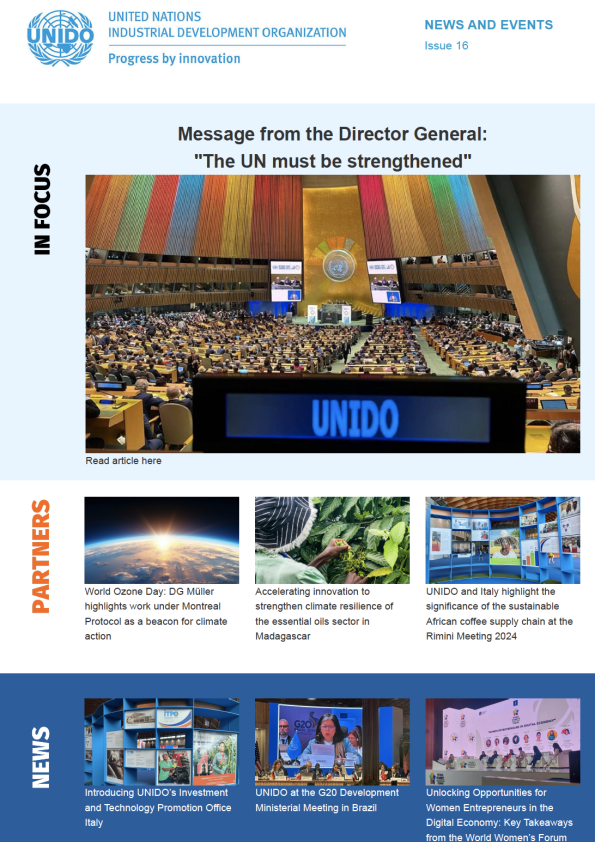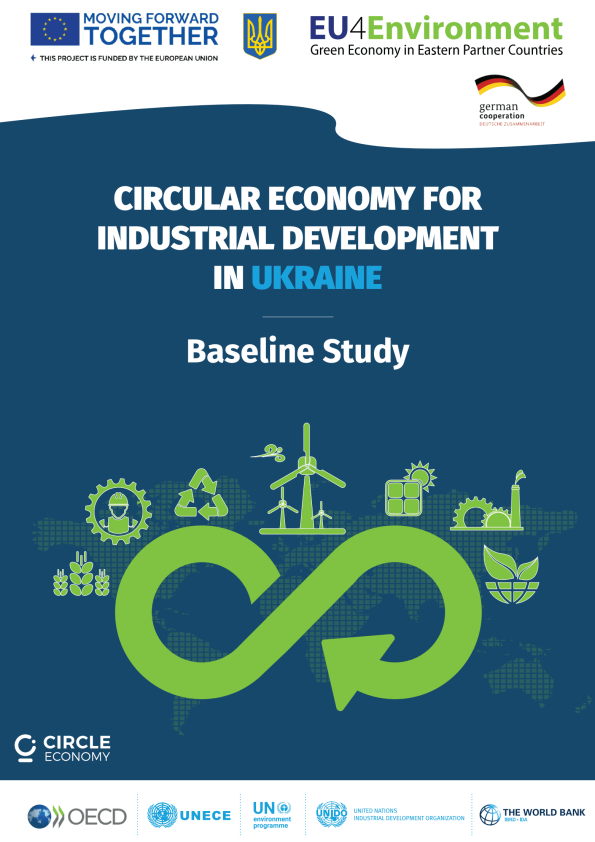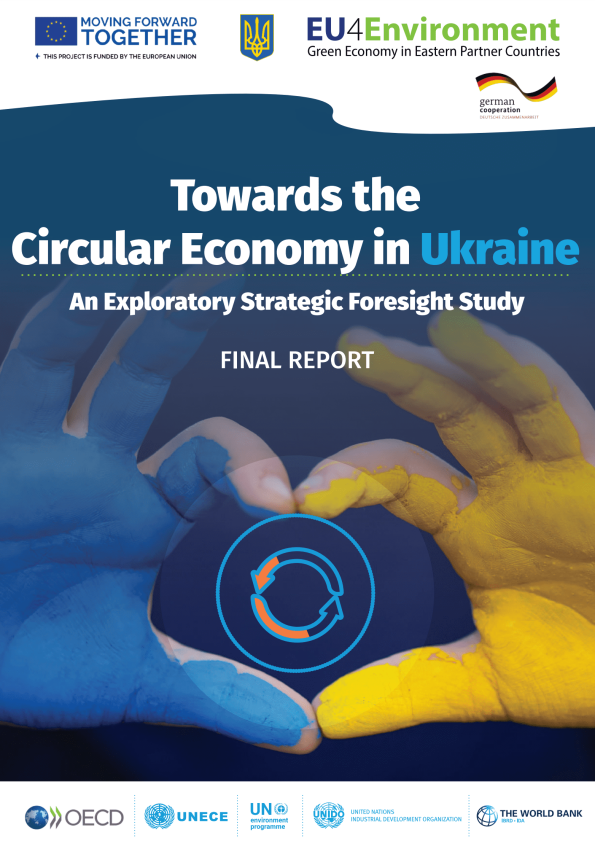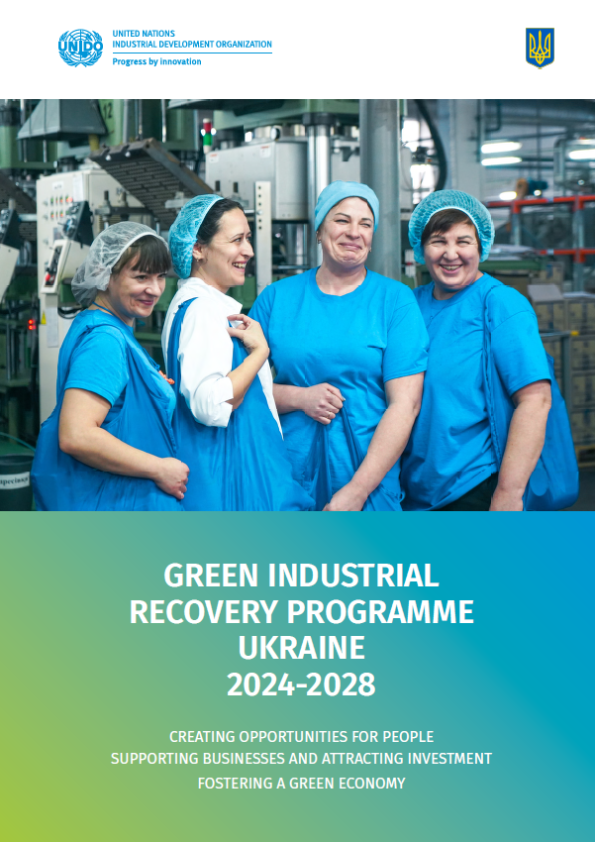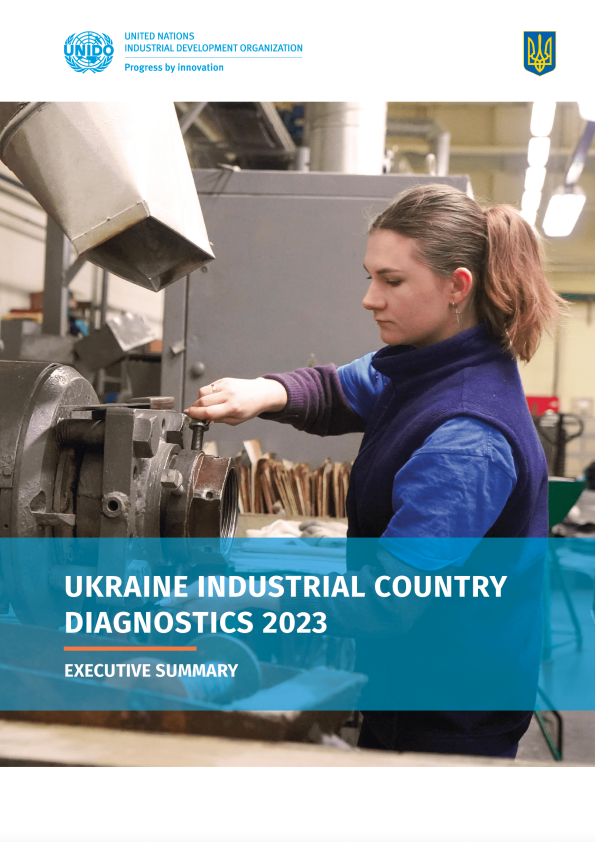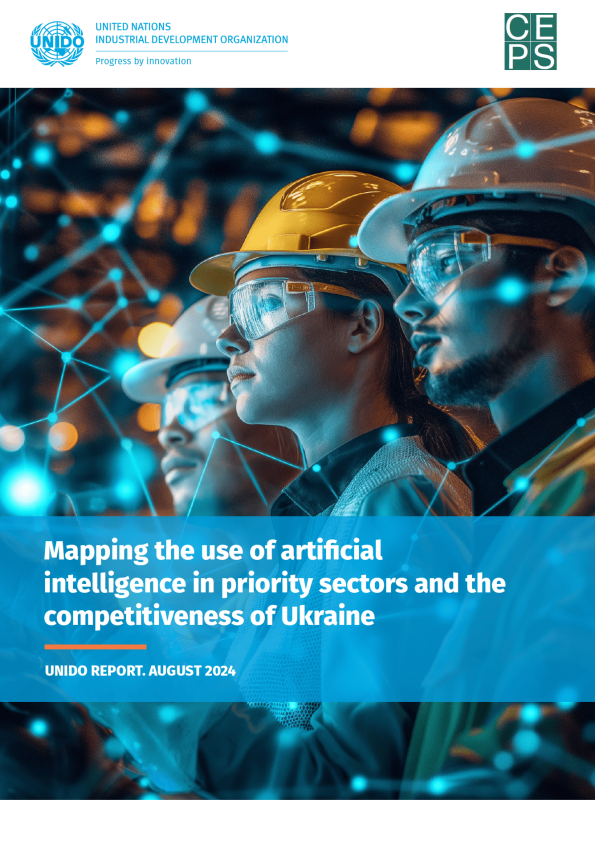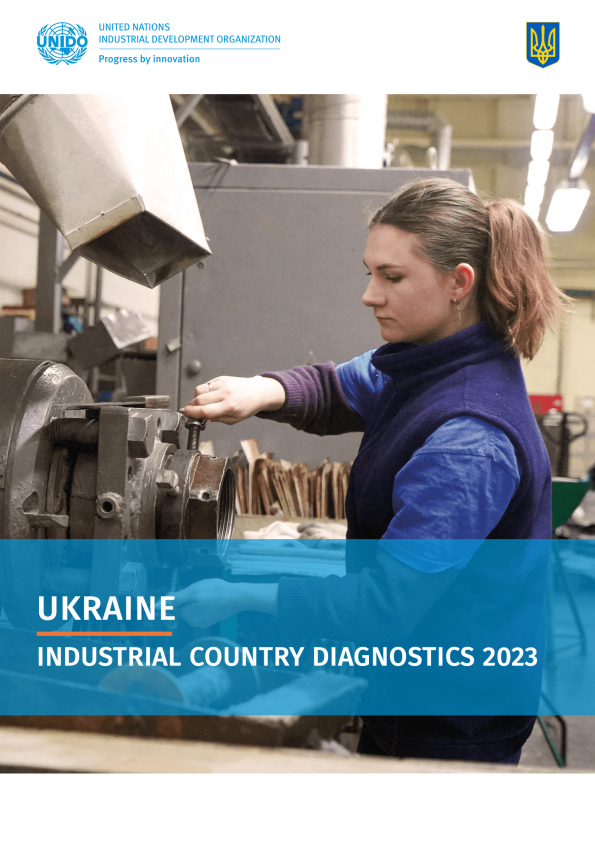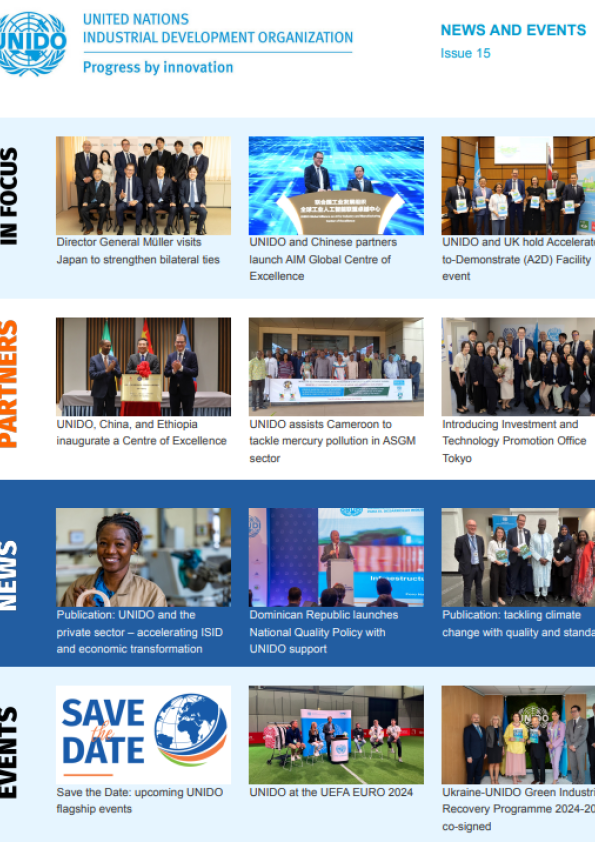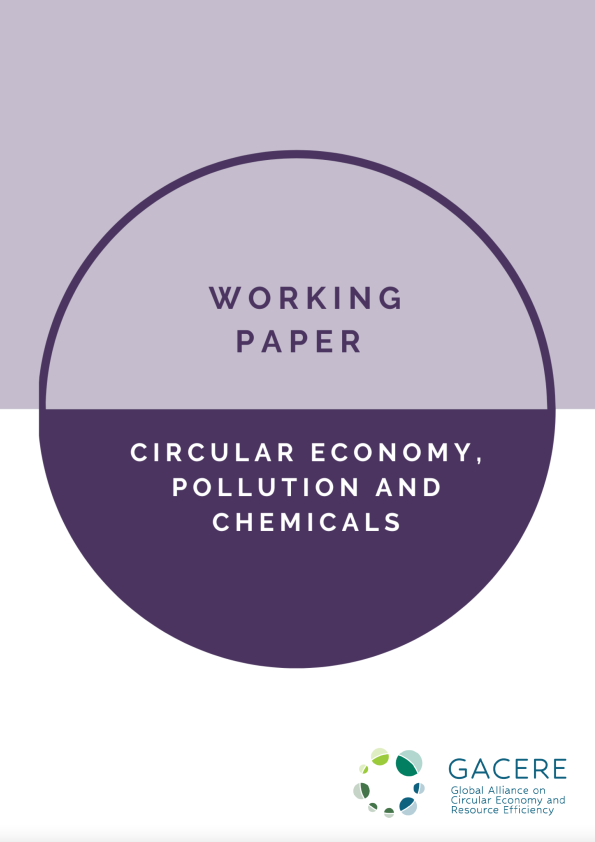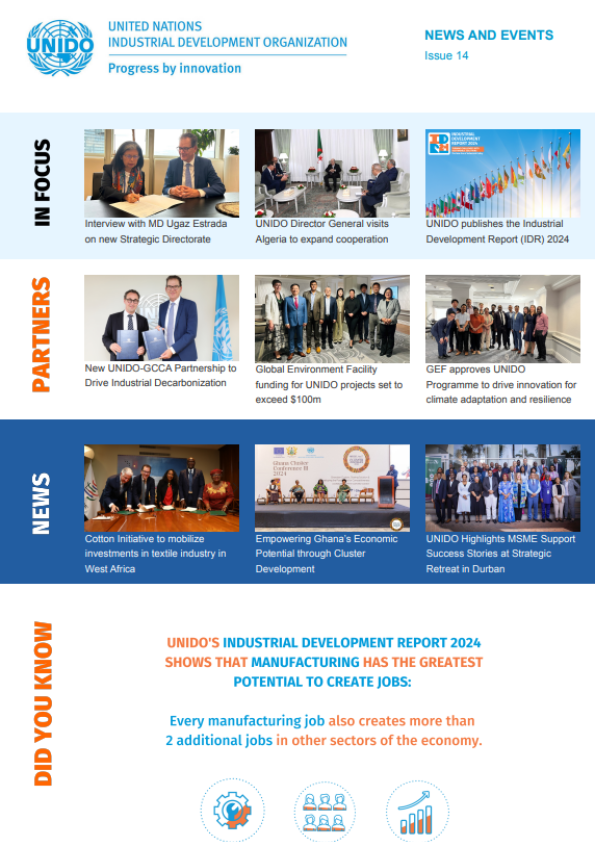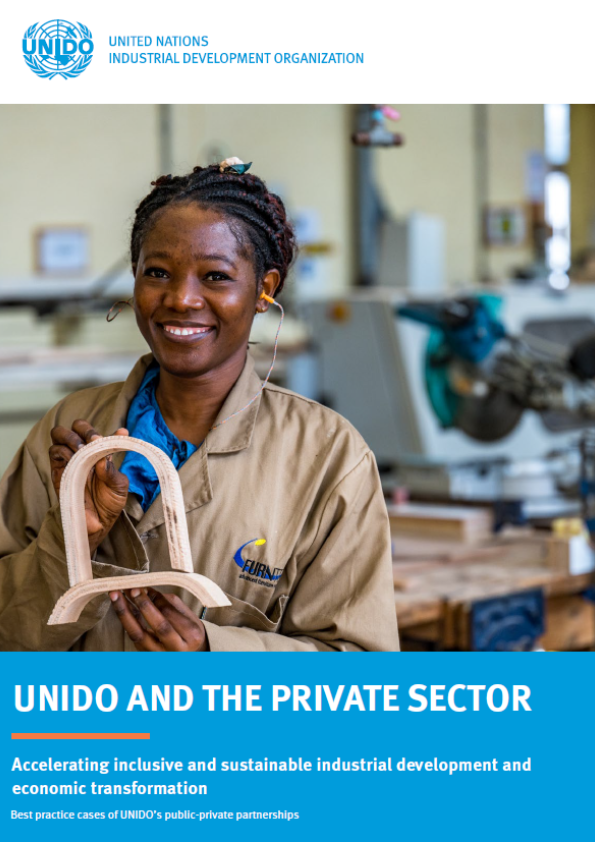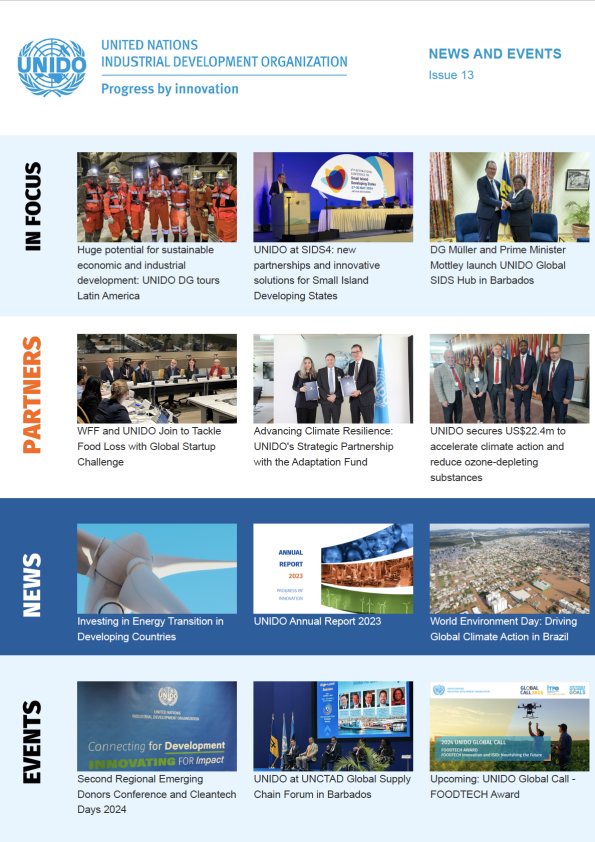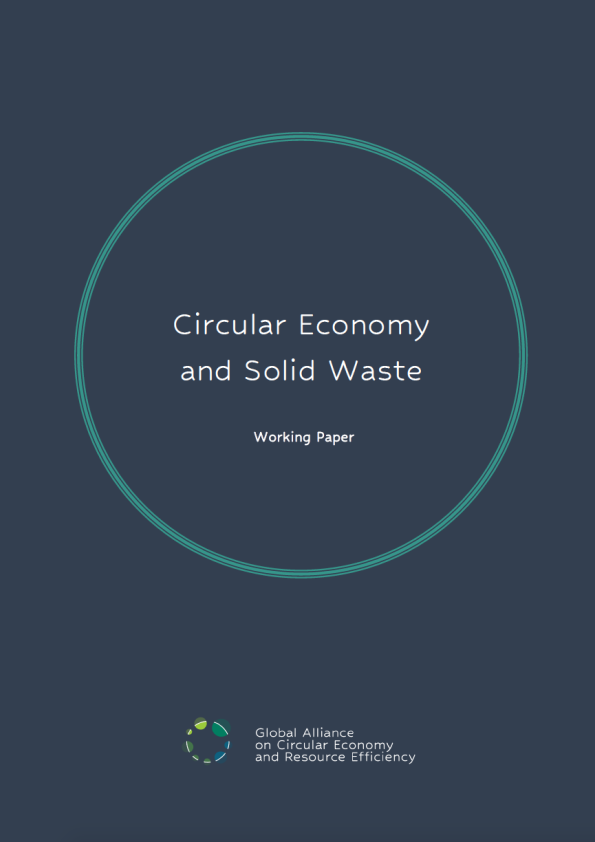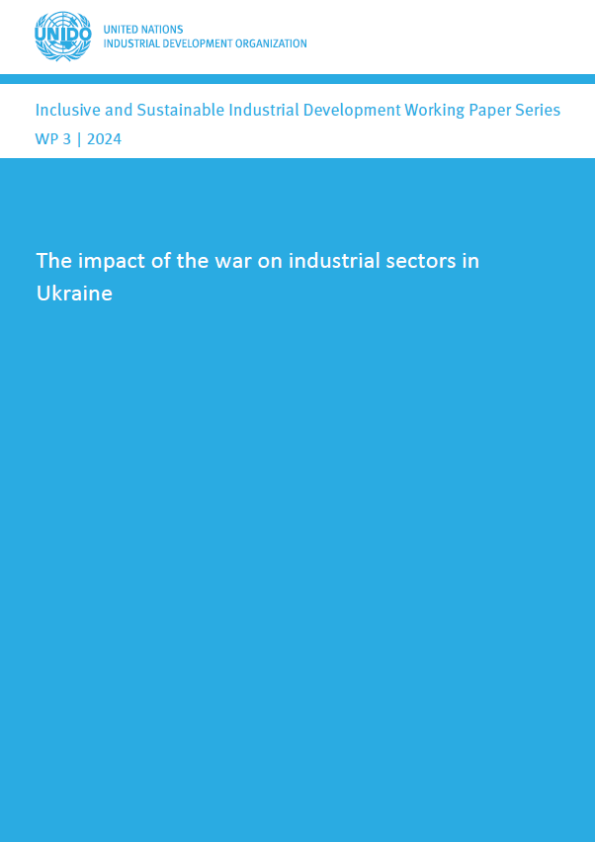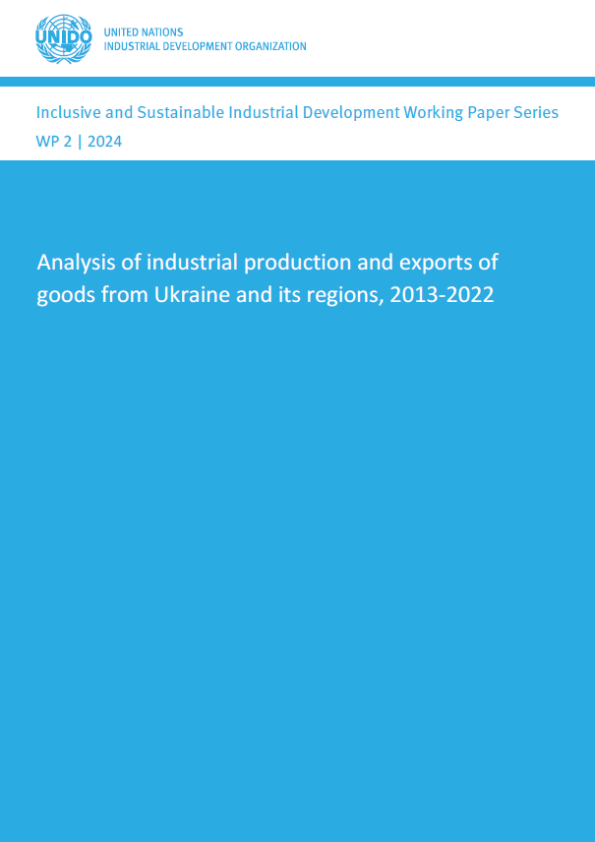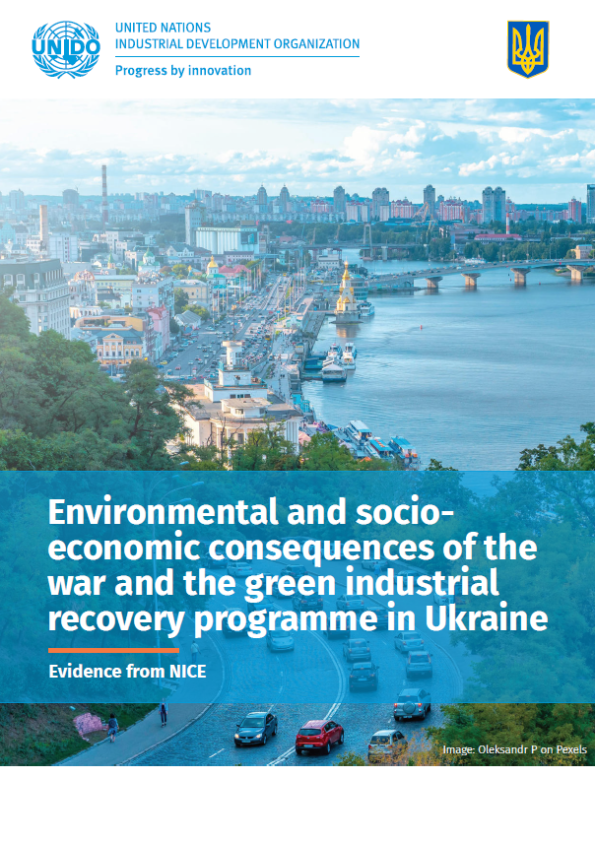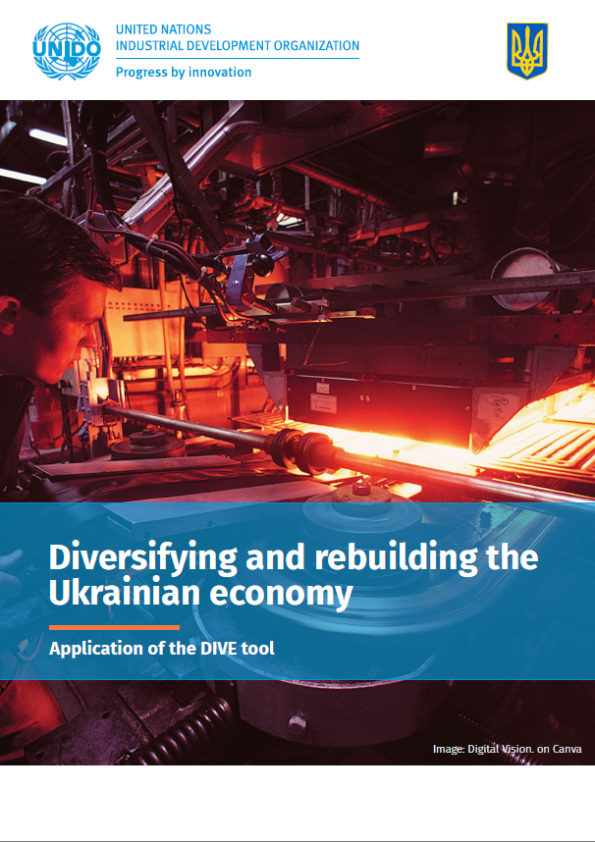
Green industrial recovery programme for Ukraine: Gender analysis
2024 | Author(s): Y. Halustian
#Virtual Exhibition #Gender and Youth #Publications
The main objective of this publication is to provide an analytical basis for the gender-transformative implementation of the UNIDO green industrial recovery programme for Ukraine 2024-2028. The document assesses and analyses gender-related differences in the industrial sector and the business sector of Ukraine regarding differential gender roles, responsibilities and representation. This includes the gendered division of labour, access to and control of resources and technologies, as well as opportunities and constraints related to women’s participation in industry and the economy.
